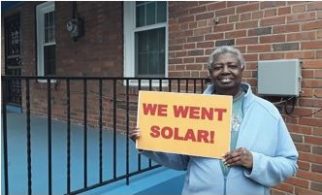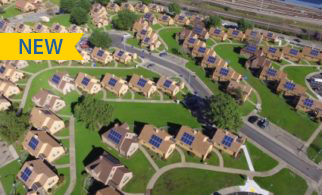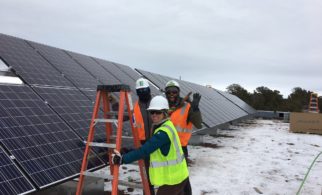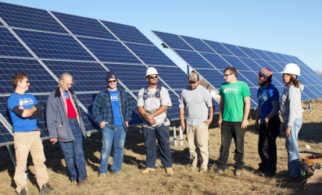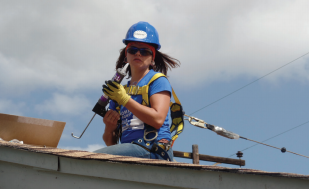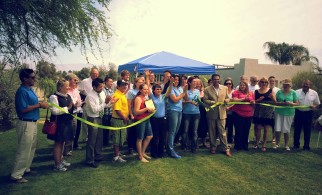Minnesota – Manufactured Housing
Equitable Solar Access Pilot Project for Manufactured Housing in Minnesota In 2021, the Minnesota Department of Commerce (MN DOC) and Clean Energy Resource Teams (CERTs) launched the Equitable Solar Access Project. Its aim was to explore how community solar might benefit low-income households – particularly those in manufactured housing – served by Minnesota’s municipal and … Continued
